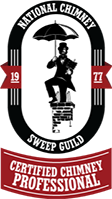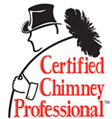Does Your Chimney Need a New Liner?
We get this question a lot. Some homeowners want a second opinion after an inspector told them they need a new chimney liner. Other homeowners have noticed chipped pieces of clay from their current liner in the firebox. Still others know that liners don’t last forever and wonder if theirs is still safe and efficient.
Ye Olde Brit Chimney Sweep of San Bernardino, CA, would like to share some helpful information about the different types and lifespans of chimney liners and how to determine if you need a new one.
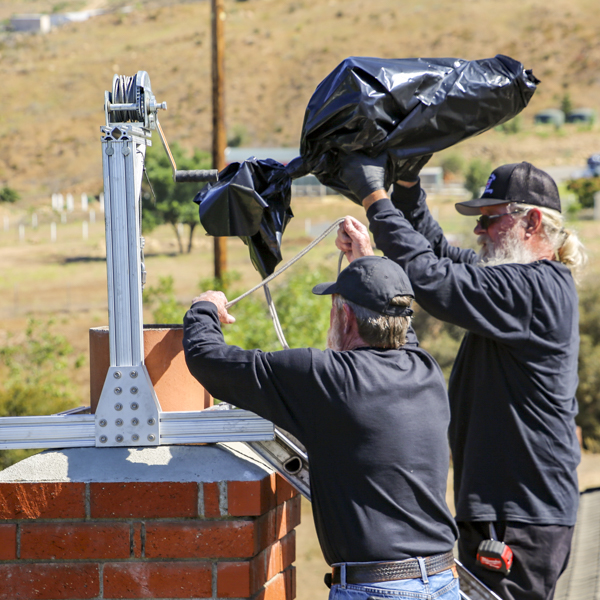 Chimney liners are required by law
Chimney liners are required by law
All masonry chimneys constructed today must have a liner. Chimneys more than 70 years old may not have been built with a liner. Newer chimneys most likely have one of three types of chimney liners:
- Stainless steel
- Poured-in-place material
- Clay tile
The purpose of a chimney liner
Regardless of the material used to make the liner, chimney liners serve several very important purposes.
- They provide a uniform channel for smoke and combustion gases, including dangerous carbon monoxide, to flow from the fireplace to the outdoors
- They protect the chimney’s interior masonry from corrosive acids created during fireplace use
- They contain the intense heat generated by the fireplace, thereby protecting the chimney structure and adjacent parts of the home
Lifespan of chimney liners
Stainless steel liners typically perform well for 15 to 20 years; some come with lifetime warranties. Liners made from clay tiles and poured-in-place compounds can last for 50 years. Repeated chimney fires, leaky chimneys, inferior liner materials and other factors can shorten the lifespan of any kind of chimney liner.
How to know if a new liner is necessary
Because chimney liners run the length of the flue, they’re not a part of your chimney system that you can easily see and monitor to know when relining is necessary.
One case where you always must install a new liner is when you’re adding a new appliance or fuel type to an existing fireplace. An example would be adding a gas fireplace insert to a wood-burning masonry fireplace.
A clay tile chimney liner may begin to crumble and break apart as it nears the end of its lifespan. Evidence of this would be clay pieces falling into the firebox. Stainless steel and poured-in-place liners may not present obvious early clues that they’re damaged and need replacing. If you’ve had a chimney fire, it’s possible that the liner suffered damage. The greater the fire, the more likely the damage. However, many chimney fires are small and unknown to people in the home. These smaller fires can also cause damage to a chimney liner.
Have your chimney liner inspected
The best way to keep up with the condition of your chimney liner is to have it inspected. Flue and liner inspections are part of a Level 2 chimney inspection, as outlined by the Chimney Safety Institute of America (CSIA). This inspection includes examining all readily accessible areas of your chimney system as well as using a specialized camera to view the liner.
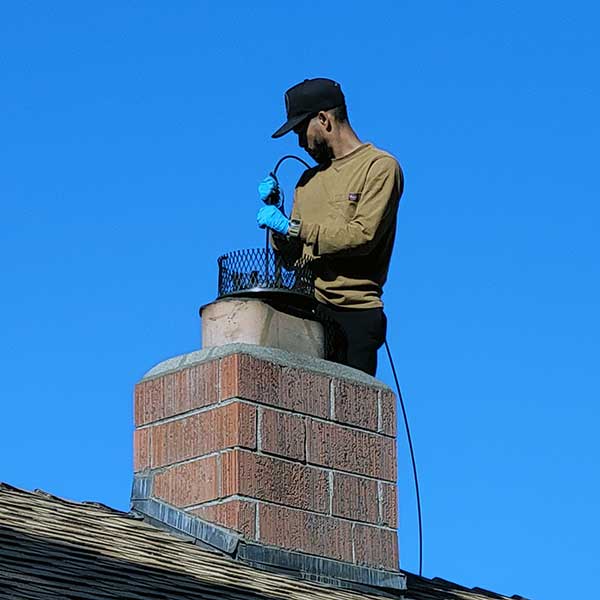 If you’ve never had your chimney liner inspected, now is a good time to schedule this service. All fire safety agencies recommend basic Level 1 chimney inspections once a year. Your inspector will advise you on when a liner inspection should be included in this annual work.
If you’ve never had your chimney liner inspected, now is a good time to schedule this service. All fire safety agencies recommend basic Level 1 chimney inspections once a year. Your inspector will advise you on when a liner inspection should be included in this annual work.
Keep your chimney in top condition
Ye Olde Brit brings more than 30 years’ experience to chimney repair projects, including clay liner resurfacing with HeatShield. We also provide licensed chimney and chimney liner inspections and complete chimney cleaning services.
Speak with a Southern California chimney expert today at (909) 880-2120 or get in touch with our handy contact form.


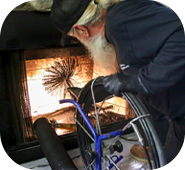
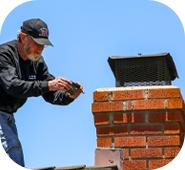
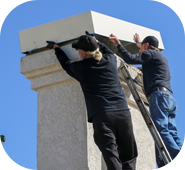
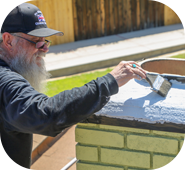
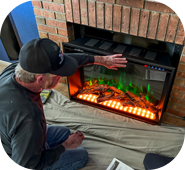
 Chimney liners are required by law
Chimney liners are required by law If you’ve never had your chimney liner inspected, now is a good time to schedule this service. All fire safety agencies recommend basic Level 1 chimney inspections once a year. Your inspector will advise you on when a liner inspection should be included in this annual work.
If you’ve never had your chimney liner inspected, now is a good time to schedule this service. All fire safety agencies recommend basic Level 1 chimney inspections once a year. Your inspector will advise you on when a liner inspection should be included in this annual work.